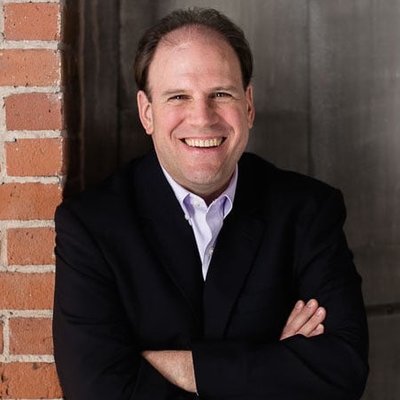Charles Starrett

Blog, links, and…
Culture consultant & social tech teacher/facilitator at SoulCo & Northeastern University. He/Him. Dad, Harvard and NEC alum, visual thinker, dabbler in ukulele, electronic music, 한국어, and TTRPGs.
RSS
Is that true?
One thing that makes “blind spots” and “unconscious bias” so difficult is that we’re not aware of them. It’s a belief we assume is true without thinking of questioning it.
When we’re aware that we don’t know something, then we know what to do: educate ourselves and learn.
But when we’re not aware that a belief is an unfounded assumption, then we may not even think of educating ourselves.
One way to uncover unknown assumptions is to look carefully at our lived experience, notice where our experience is limited, and then make choices to fill those gaps. This is a floodlight approach to expose ourselves to new perspectives which may illuminate some of the shadows cast by our previous lived experience.
Another way is to simply make it a habit of asking ourselves, “is that true?” This is a spotlight approach to shine a light on our various beliefs and look at the evidence. Often when we shine this light we will see that we have more than enough evidence to feel confident that it’s true.
But sometimes we will see that it is an assumption that we adopted and that we don’t know if it’s true or not. Then it becomes a “known unknown” and we have an opportunity to investigate and find out for ourselves if it’s true or not.
Try asking yourself often, “Is that true?” What do you notice? You might create some opportunities for learning and growing, as well as connecting at a deeper level with the world around you.
15 June 2022